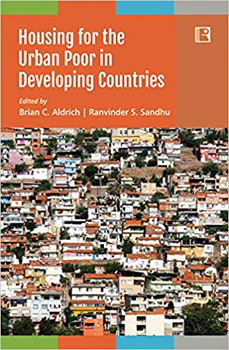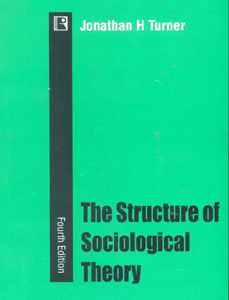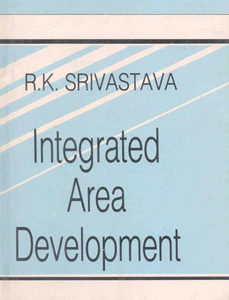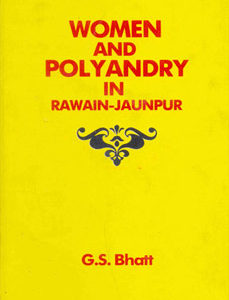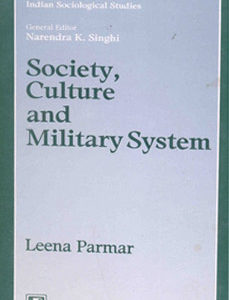HOUSING FOR THE URBAN POOR IN DEVELOPING COUNTRIES
₹1,295.00 Original price was: ₹1,295.00.₹1,036.00Current price is: ₹1,036.00.
25 in stock
Majority of the world’s population is now living in urban areas and the urban population is growing at a higher rate than the rural population. Large scale urbanization in developing countries continues to support squatting and informal settlement in large cities. While some urban regimes have been able to halt or reverse this process, it continues in most countries. The cases examined in this book illustrate the extent of the problem and the variety of efforts being made to mitigate it.
Although slums have a symbiotic relationship with the city, slums and informal settlements in most cities suffer from extreme inequalities and are deprived of basic services which are essential for human existence. Housing is predominantly a basic problem of the urban poor. If sustainable policies with respect to housing can be derived and implemented, the poor in the developing world will experience a significant improvement in their living standards.
Some of the challenges facing the future of housing for the urban poor in developing countries are outlined in the book. An attempt has also been made to summarize and spell out the implications of the World Bank’s model shift to the privatization of housing for the poor. Chapters in this book illustrate the profound but varied transformation taking place in the social organization of societies in regard to housing in general and housing the urban poor, in particular. The contributions in the book review myriad case studies from developing societies across continents. It further compares several societies at once in terms of their strategies and cultural orientations towards providing housing for the poor. It is through studies like those presented in this volume that progress toward finding a solution to the housing challenge can be made.
| Author's Name | |
|---|---|
| Binding | |
| Release Year | |
| Language | |
| Publisher |
Related products
Sociology
Sociology
Sociology
Sociology

